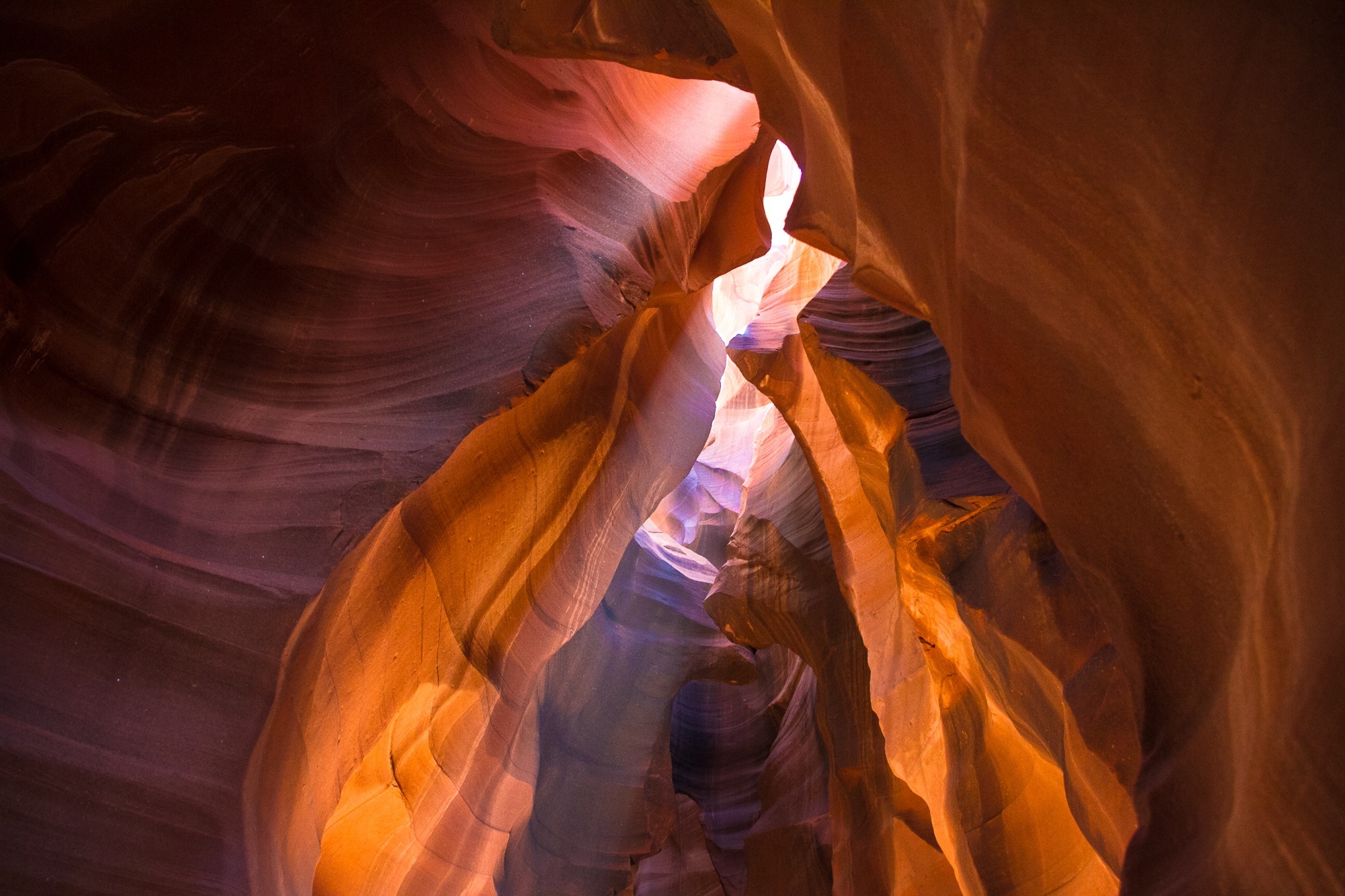the science of awe
Amy –
I like your question, “Don’t we find happiness, or wholeness, by allowing all experiences into our lives and living them?” Happiness is a feeling that could be very fleeting and inconsequential—or it could be very deep. Wholeness seems to imply the deeper kind of happiness, the one that pervades us even when things are not going so well.
I recently attended a seminar called “The Art and Science of Awe.” (Wait—you were there, too!) It highlighted a growing area of scientific and social research into the experience of “awe and wonder” — how it manifests in our bodies, how it affects our behavior, and what kinds of experiences are likely to produce it. The more I listened, the more I realized that this was the closest description I have yet heard about what we want our students to feel about learning.
The sense of awe and wonder creates in people a sense simultaneously of bigness and smallness. It suppresses activity in both the sympathetic and parasympathetic response systems (which normally balance each other), meaning that both our “fight/flight” and “rest/digest” modes are somewhat suspended. Everything goes quiet while people report a deep feeling of expansion beyond themselves as well as a wave of humility. The experience makes people more generous in their attitudes and behavior and more discriminating in their minds, and these effects are stronger with the sense of awe than with other positive emotions like enthusiasm or happiness.
The beauty of learning with a sense of awe is that it teaches not just about the world but about ourselves. It makes us more than knowledgeable; we become connected in a fundamental way. As Rachel Carson wrote, “Those who contemplate the beauty of the earth find reserves of strength that will endure as long as life lasts.”
I know that the moments in my life when I have experienced the extraordinary, when my own awareness has seemed to go out of myself into the world, are the moments that I want to last forever. Sometimes they happen in the quietness of meditation. They also come very predictably when I visit places of great natural beauty. Increasingly I look to return to that state of mind because it brings everything else into perspective. How much do the little successes and failures of life mean in the scope of the grandeur of time?
Children have a very natural sense of awe, don’t they? The wide-eyed stare of babies when everything is so new. I see as a teacher how quickly that willingness to be amazed can disappear in school. It’s as if they don’t want to be babies anymore, and they think that a sign of adulthood is to abandon the feeling of wonder and mystery. Yet the world is so full of things that they don’t know, that nobody knows! Maybe the best way to keep that sense alive in children is to make sure we keep it alive in ourselves.
Theodore

